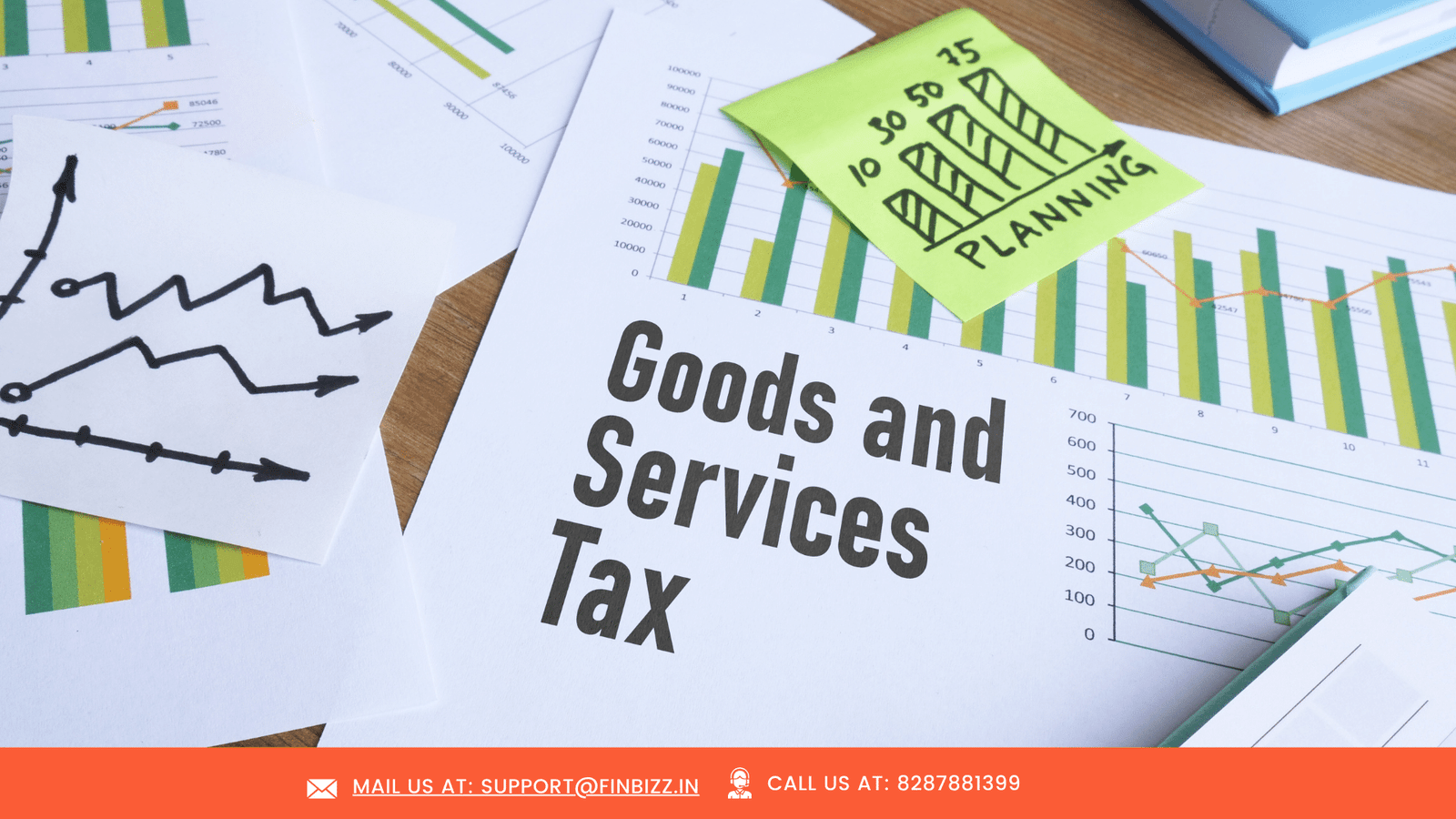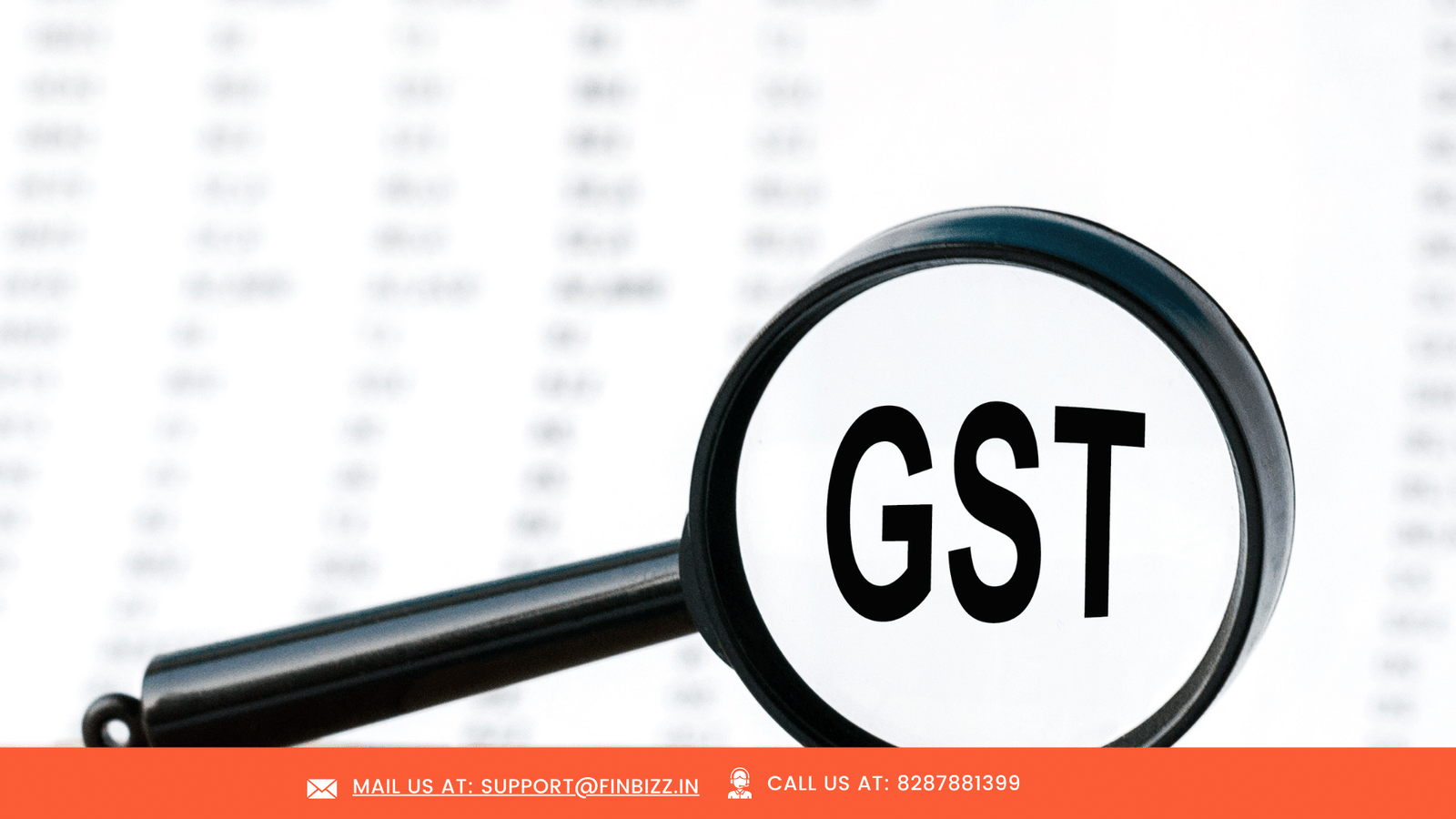Overview
GST (Goods and Services Tax) is a comprehensive, multi-stage tax on the sale of goods and services, implemented to streamline the complex tax structure in many countries, including India. GST registration is mandatory for businesses meeting specific criteria, such as exceeding a turnover threshold. Registering for GST not only complies with legal requirements but also enables businesses to claim input tax credits, linking every transaction through a tax-paid chain from procurement to consumption.

Benefits of GST Registration
1. Legal Authorization: GST registration provides legal recognition as a supplier of goods or services, allowing you to collect GST from customers and pass on the credit of the taxes paid on the goods or services supplied to purchasers or recipients.
2. Enhanced Credibility: Registered businesses are perceived as more credible in the marketplace. Registration verifies the authenticity of the business, enhancing your reputation among suppliers and customers.
3. Access to Input Tax Credit: This allows businesses to reduce their taxes owed by the amount of GST paid on business-related goods and services, effectively lowering the cost of inputs and increasing profitability.
4. Competitive Advantage: With GST registration, businesses can sell nationwide without restrictions, opening up broader market access compared to non-registered entities.
Who Needs to Register for GST?
GST registration is mandatory for:
- Businesses with an annual turnover exceeding the threshold limit, which varies by country and sometimes within regions in a country,. For example, in India, the limit is INR 40 lakh for most states, but INR 20 lakh for special category states.
- Individuals making inter-state supplies, irrespective of turnover.
- E-commerce operators and aggregators sell goods or provide services under specified categories.
- Businesses involved in the supply of goods and services on behalf of other taxable persons (e.g., agents and brokers).

Step-by-Step Guide to GST Registration
1. Determine Eligibility: Check if your business meets the criteria for mandatory registration. Voluntary registration can also be beneficial, depending on your business operations.
2. Gather the Documents:
Prepare necessary documents, which may include:
- PAN card of the business or individual
- Proof of business registration or incorporation certificate
- Identity and address proof of promoters/directors
- Address proof for the place of business
- Bank account statement and canceled cheque
- Digital signature
3. Apply Online: In countries like India, GST registration is processed through an online portal. Complete the application form on the GST portal. This involves filling out details about your business and uploading the necessary documents.
4. Verification Process: Once submitted, the application will undergo verification by a tax officer. If additional information or corrections are required, you will be notified.
5. GSTIN Issuance: Upon successful verification, a unique GST Identification Number (GSTIN) will be issued to your business. This is a 15-digit number based on your state code and PAN number.
Documents Required for GST Registration
- PAN Card of the business or individual owner.
- Proof of Business Registration or incorporation document.
- Photographs of the owners/promoters.
- Proof of Business Address (e.g., recent utility bill, lease or rent agreement, municipality khata copy).
- Bank Account Details (bank statement, or a scanned copy of the first page of the passbook).
- Authorization Form for authorized signatories, if applicable.
Common Challenges in GST Registration
- Documentation: Gathering all the required documentation can be cumbersome, especially for small businesses unfamiliar with the process.
- Compliance: Understanding and complying with GST laws requires careful attention to detail and regular updates on tax regulations.
- Technical Issues: Online registration processes can be daunting due to technical glitches or server issues, often experienced during the filing deadlines.
Why Choose Finbizz for GST Registration?
Our services include:
- Document Preparation: Assisting with the collection and preparation of all required documents.
- Application Filing: Handling the entire application process, ensuring that all information is accurately represented.
- Compliance Consultation: Providing ongoing support to ensure your business remains compliant with GST laws and regulations.

Conclusion
GST registration is an essential aspect of running a compliant and successful business in regions where GST is applicable. It not only helps in legitimizing the business but also provides significant fiscal benefits through input tax credits. With Finbizz’s comprehensive GST registration services, businesses can navigate the complexities of tax compliance with ease, ensuring they maximize their operational efficiency and profitability.
FAQs
Q1: What happens if I do not register for GST?
Ans. Failure to register for GST can result in penalties, including fines and legal actions, especially if your turnover exceeds the mandatory registration threshold.
Q2: Can I deregister for GST?
Ans. Yes, if your business turnover falls below the threshold or if you cease to meet the other criteria for registration, you can apply for deregistration.
Q3: How long does it take to obtain GST registration?
Ans. The time frame can vary, but typically, GST registration is completed within 7 to 10 working days after the submission of all required documents and successful verification.





Income Tax for Self-Employed Businesses, Professionals, and Freelancers
May 10, 2024[…] claim a variety of expenses directly related to their business activities, which can significantly reduce taxable income. Common deductible expenses […]